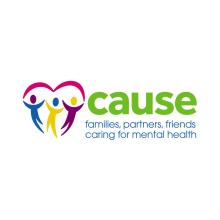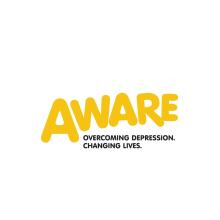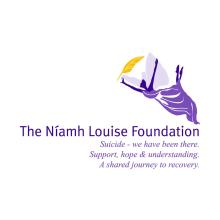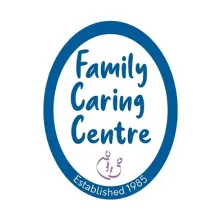Low mood and depression
Low mood is something most people feel at times but when this feeling lasts more than a short period of time, it may be depression. Help and support is available.
What is low mood and depression?
Everyone feels low or down from time to time. It is common to feel low after distressing events or significant life changes. People may feel tired, frustrated or worried, but a low mood will pass after a short time. If it doesn’t pass and is being experienced every day, the person may be depressed.
There are different types of depression. The impact symptoms of depression have on someone’s life may be described as low, moderate or severe.
Signs of depression
Depression can cause changes to how someone feels, thinks and behaves. It may include symptoms like:
- feeling sad or tearful;
- feeling hopeless;
- feeling worthless or experiencing self-guilt;
- feeling nothing, empty or numb;
- losing interest in things you usually enjoy;
- no self-esteem or confidence;
- avoiding events and activities you usually enjoy;
- losing appetite or eating too much;
- finding it difficult to think or speak clearly;
- aches and pains with no cause;
- difficulty sleeping or sleeping too much, but still feeling tired all the time.
It is also common for people with depression to have symptoms of anxiety.
Causes of depression
There are many different things that may be possible causes of depression. But some people may become depressed without any clear reason. Causes of depression can be very different for different people and for some it may be a number of different things.
Life events
Stressful or unexpected changes in our life can have a big impact on our mental health and wellbeing. Things like a stressful job, financial worries, relationship problems, bereavement, or experience of assault, abuse, neglect or bullying.
Although they don’t directly cause depression, not having the support to deal or cope with emotions, can mean that a low mood develops into depression.
Bereavement
Grief is a normal reaction to a bereavement and often includes a low mood. How long grief lasts is dependent on the individual, but it can take some time to pass. If you’re worried that your low mood is more than grief or that it could be depression, you should seek help.
Illness or disability
Managing a physical health problem or another mental health problem can be hard. This can impact your mood and may cause depression.
Some health problems also cause depression, including conditions affecting the brain and nervous system, hormonal problems (especially thyroid problems), low blood sugar and sleep problems.
Childhood experiences
Those who have had difficult experiences in their childhood can be more likely to have depression at some point in later life.
Genetics
Although there is no specific gene for depression, there is evidence that if a close family member has depression, other members of the family are more likely to experience depression.
Lifestyle
A poor diet and lack of sleep don’t cause depression; they can impact your mood and ability to cope with life events. Drinking alcohol, smoking cigarettes and using drugs can impact your mood and cause depression.
Things that might help with low mood and depression
If you are experiencing low mood or depression, there are many things you can do to help you manage how you are feeling.
Build the Take 5 steps to wellbeing into your daily routine
- Connect
- Be active
- Learn
- Take notice
- Give
Be active
Physical activity can help improve your mood. Go for a walk or a run. If you want to stay home, dance to your favourite music or do some chair-based exercises. It doesn’t matter what activity you choose, as long as you are moving your body.
Develop a healthy routine
It might be hard, but try to get good sleep, look after your hygiene and eat a healthy, balanced diet. You should also try to reduce or avoid nicotine, alcohol and other drugs.
Be kind to yourself
- Work out what makes you happy and do something each day that makes you feel better. It could be an activity, seeing people or going to a special place.
- Forgive yourself quickly when you don’t meet a goal. You can’t change the past.
- Identify and challenge your negative thinking. Is there proof to support your thinking? If you think the worst, write the other possible things that could happen.
Talk to your GP
If you’ve tried to manage your low mood or depression and aren’t feeling better, you should make an appointment with your GP. A GP can advise on the support available, which may include medication. If your depression is severe, they may refer you to mental health services.
Talking therapies
Talking therapies involve talking to a professional trained to help a person explore their feelings. It lets someone talk about their thoughts and feelings and the effect these can have on their behaviour and mood. Talking about your thoughts can help you notice things that may be helpful to change.
Cognitive behavioural therapy
Cognitive behavioural therapy (CBT) encourages a person to take part in activities and to write down their thoughts and problems. It can help you identify and counteract negative thoughts. Self-help CBT workbooks and online CBT programmes and apps are available.
Seek immediate help if in a crisis
Severe depression can make people feel suicidal. If you are experiencing thoughts of suicide, it is important you get help now.
Lifeline is available 24/7. You can talk to a trained counsellor about your thoughts and feelings by calling 0808 808 8000.









